STORIES OF RESILIENCE: When Triumph Follows Crisis
Transgender people in India have long faced exclusion and stigma. From concealing their identities to being judged and discriminated against, their lives continue to be marked by struggle. According to the 2011 Census, India recorded over 4.8 lakh transgender individuals, though activists say the actual number is much higher due to widespread underreporting and social invisibility. Even today, despite the 2014 Supreme Court judgment recognizing trans people as the “third gender” and the Transgender Persons (Protection of Rights) Act, 2019, many continue to face barriers in education, employment, housing, and healthcare. Yet, Nayana’s journey stands out as a story of resilience and hope. Born as a boy, she transitioned to become a trans woman—overcoming immense hardship to transform her life. Once forced into sex work for survival, today she works as a marketing associate at an IT company in Bengaluru, proving that determination can rewrite one’s destiny. Born in Udupi to a modest family, Nayana always knew she was a woman at heart. But growing up, she faced relentless bullying and was branded with hurtful slurs reserved for the “third gender.” She moved to Pune and joined a transgender community, surviving for years through begging and sex work — a reality for nearly half of India’s transgender population, as per a 2018 National Human Rights Commission study, which found that 96% of trans people are denied jobs and 60% are forced into sex work or begging. Eventually, Nayana resolved to rebuild her life. Returning to Bengaluru, she took computer and multimedia courses, connected with NGOs, and began administrative work supporting sexual minorities. Her journey from exclusion to empowerment mirrors the broader struggle of India’s transgender community - a fight not just for acceptance, but for dignity, opportunity, and equality.
In 2006, just 12 days after her wedding, 23-year-old Pragya Prasun was travelling on a train when a man threw acid on her, leaving her with 47% burn injuries. What followed was a long and painful recovery, and a determination to create a support group for acid attack survivors.
Today, she is not just a survivor — she is a fierce activist, working to support and empower other acid attack survivors through her initiative ‘Atijeevan Foundation,’ an organisation that works with acid attack survivors across India, helping them access surgeries, legal aid, mental health support, and financial independence.
In this episode of Stories of Resilience, Host and Producer Mariya Rajan meets Pragya to trace her journey from being an acid attack survivor to an activist. We explore how she rebuilt her identity, challenged social norms, and became a beacon of hope for other survivors.
Sangeetha's journey with bipolar and borderline disorder, from a suicide attempt to healing. It’s a story of resilience, recovery and mental health awareness. Globally, more than 40 million people live with bipolar disorder, according to the World Health Organisation. It is marked by episodes of mania and depression that can last days, weeks or longer. These “mood swings” can alter a person’s ability to function, make decisions and maintain a sense of self.
Prema, a nurse in Bengaluru, Karnataka, always dreamed of wearing a uniform. Four of her siblings have jobs and wear uniforms. She also aspired to join the police force but despite repeated attempts, she couldn’t clear the exams. Years later, working at a hospital her life took a surprising turn. In male-dominated professions, Prema has made her mark. Despite various challenges, she has managed to get herself a job. Her dream to wear a uniform on a duty has finally come true. In 2010, she became the first woman to be hired as a BMTC driver. For Prema, the uniform was never just clothing. It stood for self-respect, belonging and a dream she had held on to despite many setbacks. Today, she wears it proudly every day. Her resilience to enabled her to get what she always dreamt of.
Rashmi D’Souza, a software professional in Bengaluru, Karnataka, never imagined her husband would become abusive. In the presence of her two daughters, he continued his abusive behavior until a "guardian angel" intervened. This person offered her sound advice, but ultimately, it was Rashmi's own courage that led her to accept and act upon it.
Poornima was liberated from bonded labour in 2014, but she immediately faced the formidable challenge of rebuilding her life. She needed to secure employment, find accommodation and obtain essential documents. With determination, she returned to her village to acquire the skills necessary for self-sufficiency. Demonstrating both courage and perseverance, Poornima and her husband set up a small tailoring business. This initiative not only sustained their family but also provided employment opportunities for other freed bonded laborers in their community. By converting her adversities into a platform for financial independence and empowerment, Poornima has exemplified how resilience can drive transformative change, offering a future filled with dignity and hope for herself and others.
Manish, a resident of Bengaluru, Karnataka, has been raising his daughter alone since she was eight months old. To nurture her effectively, he has taken on the roles of both father and mother, overcoming numerous challenges—deciding where to leave his daughter when he goes to the office, choosing which washroom—men's or women's—to use when they are in a market area, determining the right amount of food to give her, what to say to her about periods, among other things. What truly demonstrates his resilience is his consistent willingness and cheerful attitude in doing everything necessary for his daughter’s upbringing.
In January 2020, Swagata Majumdar faced the unimaginable grief of losing her twins. The grief of losing her children became overwhelming. She also realized that child loss is a significant taboo in India, leading to the isolation of bereaved mothers. Determined to challenge this stigma and support others, Swagata, along with her friends, started a support group for mothers who have lost a child. Today, Swagata has found healing and is now living with a happy family.
Swati, a young mother, faced immense challenges after being diagnosed with cancer, a diagnosis that changed her life forever. She spent months battling the disease, enduring painful treatments and the emotional toll of being separated from her young child. Despite the overwhelming hardships, Swati's journey through illness became a turning point, revealing her inner strength and determination. Her resilience not only helped her overcome the illness but also empowered her to take charge of her life and her child's future.
Divya, a single mother, encountered significant challenges following a car accident, an event that altered her life forever. She endured nearly a year of being bedridden, isolated from her son and struggling with uncooperative home nurses. Little did she know that these hardships would lead her to discover herself and take control of both her life and her son's, a fruit of her resilience.

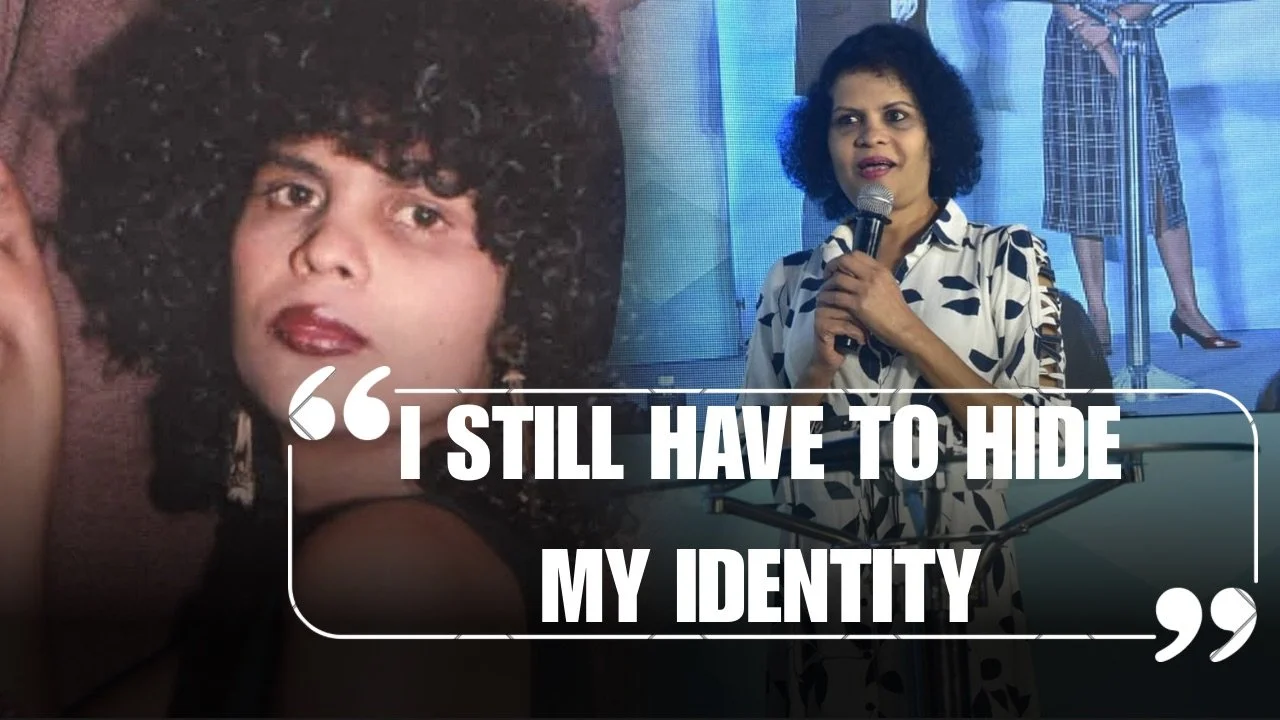
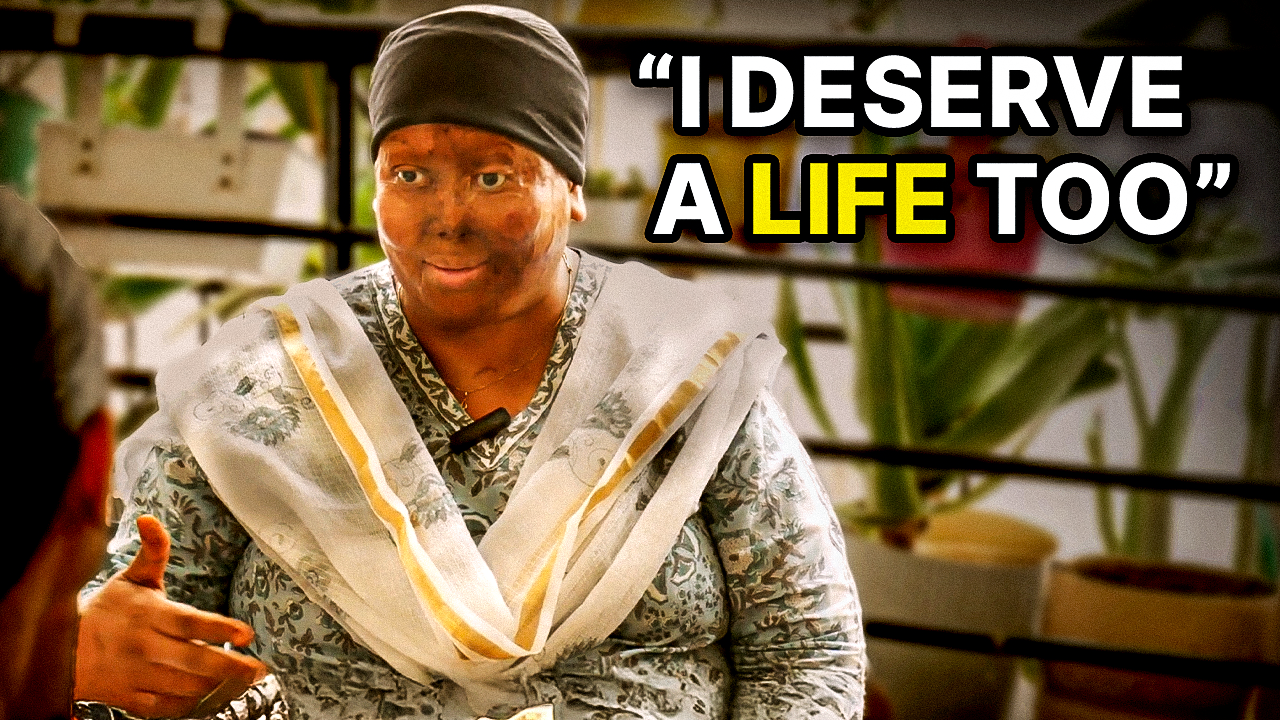
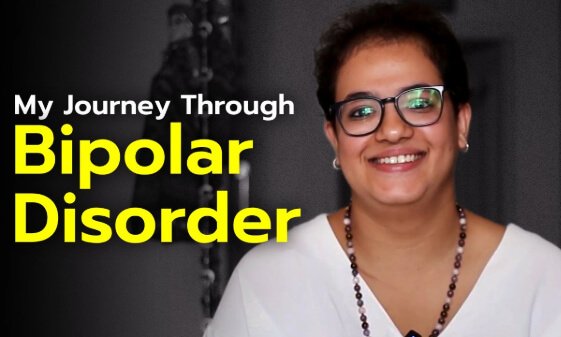

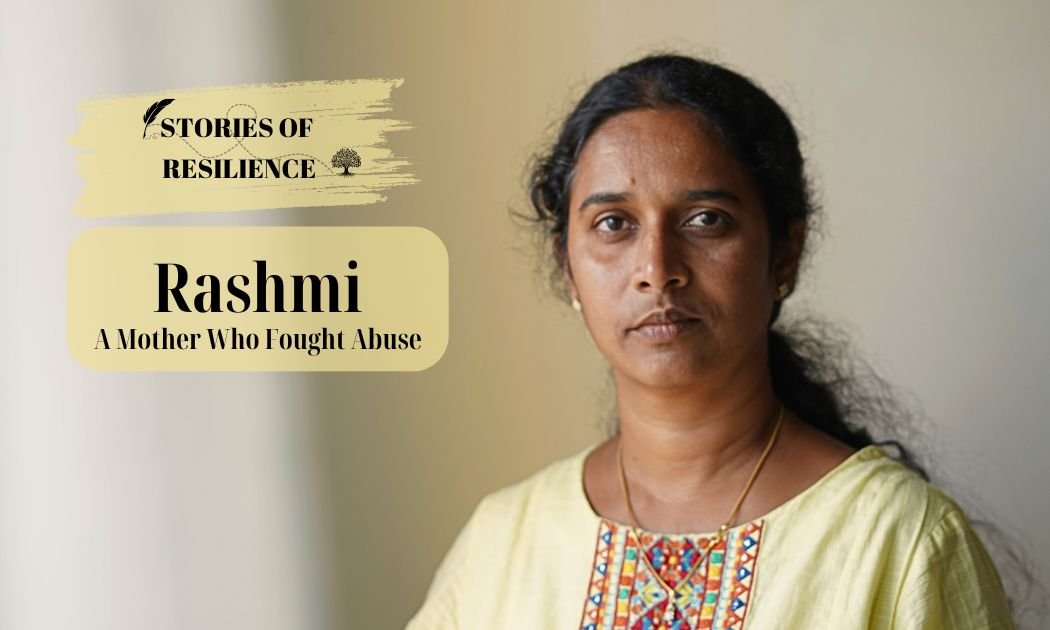
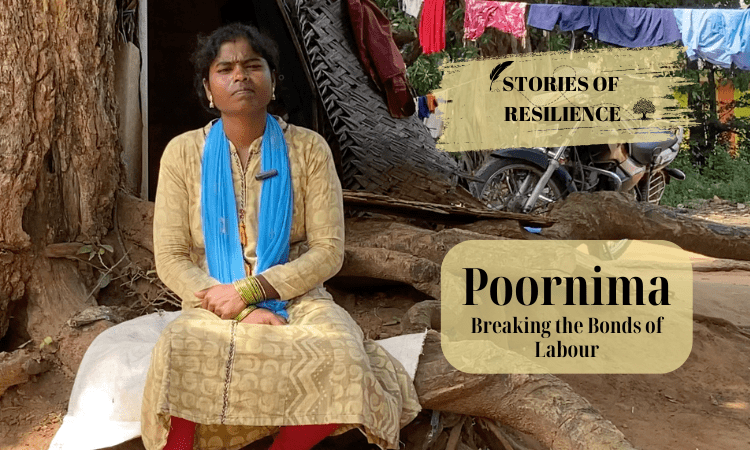
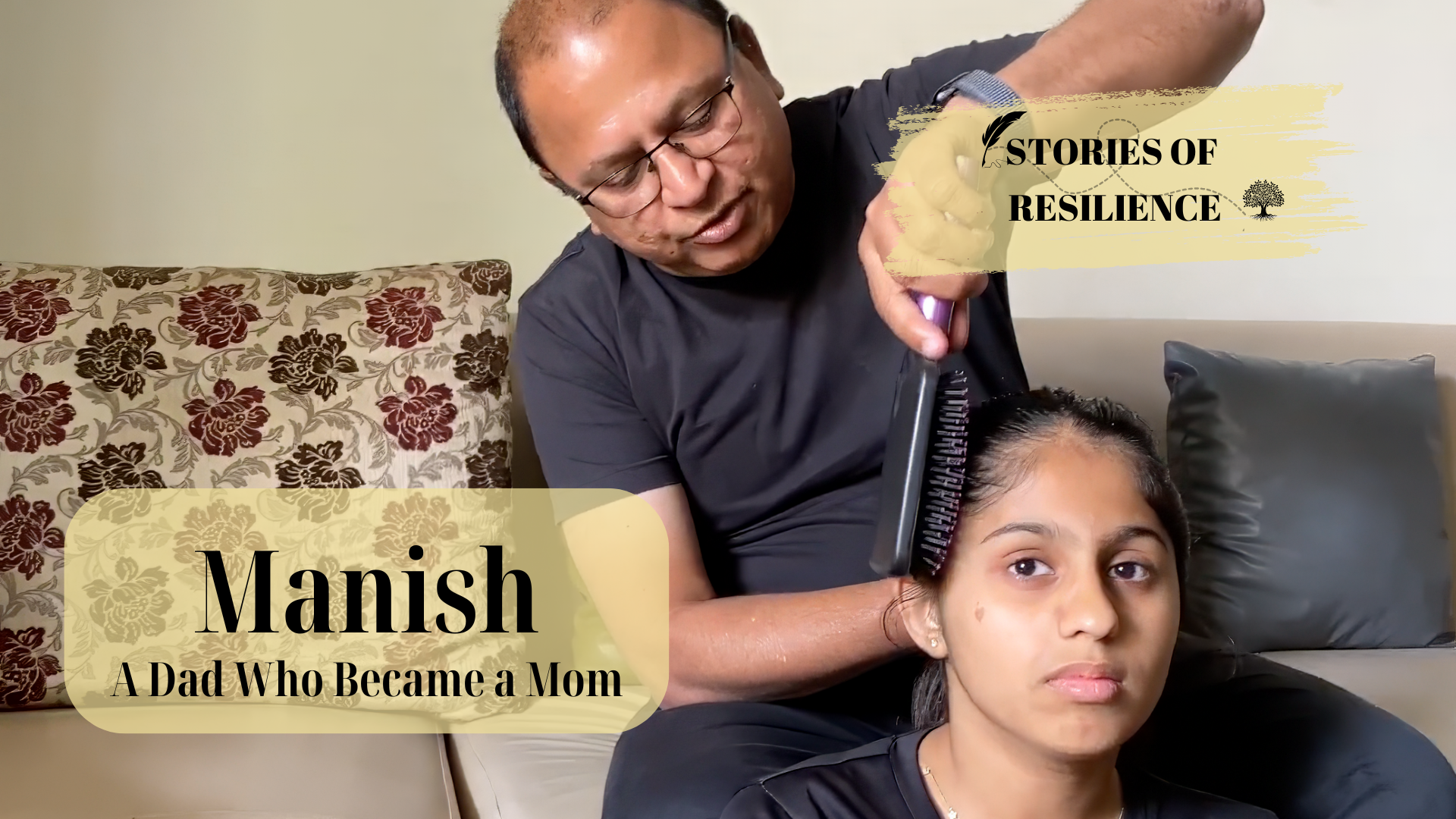
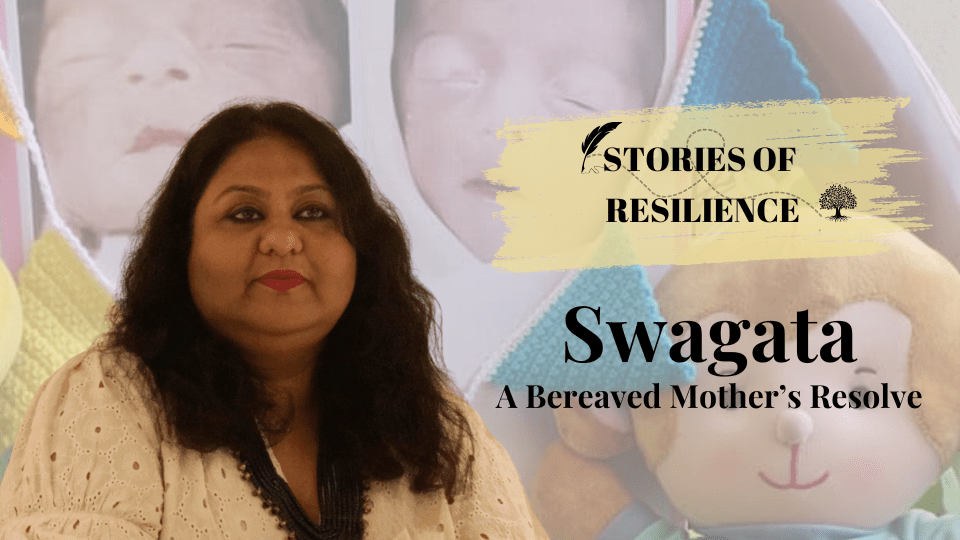


This video is a powerful summary of Stories of Resilience — featuring an acid attack survivor, a cancer fighter, a bipolar disorder survivor, a single father, a trans woman reclaiming dignity, a domestic abuse survivor, a woman freed from bonded labour, a mother who rebuilt life after loss, a widow raising her child alone, and Bengaluru’s first woman BMTC driver.
Ten lives. Ten journeys.
One message: resilience.
Watch to get inspired and find strength against all odds.